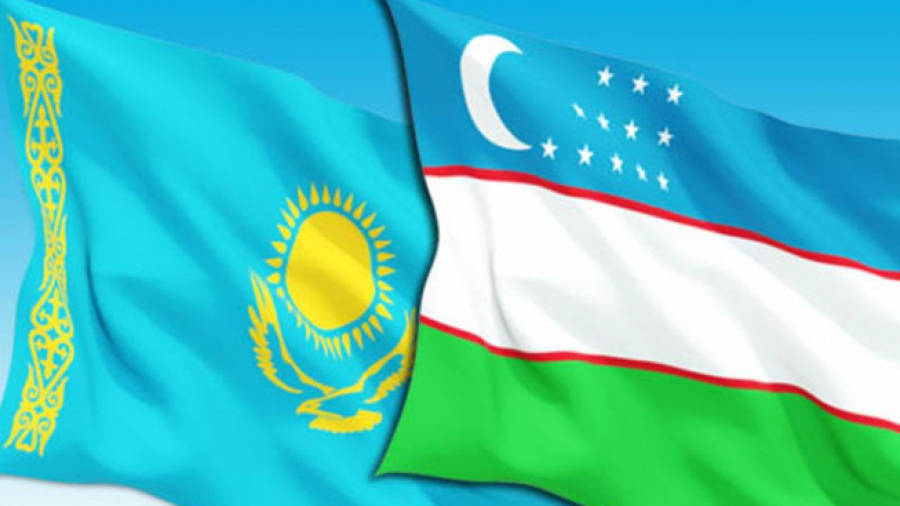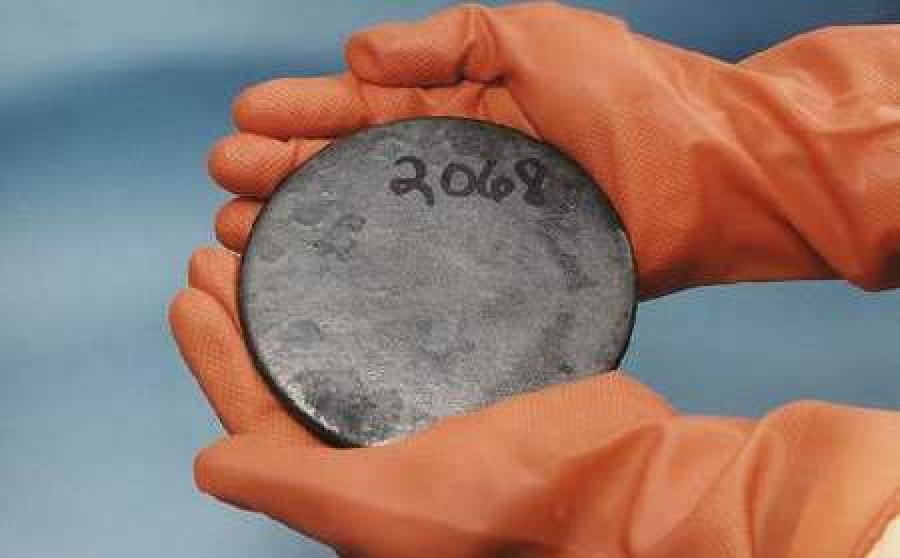
Mass spring fieldwork will
commence in the second decade of May in Kazakhstan, with significant progress
already observed in the South Kazakhstan region, where over 350,000 hectares
have been sown. The North Kazakhstan region is scheduled to begin fieldwork
around May 20. Diversification of the structure of sown areas is carried out
this year as instructed by President Kassym-Jomart Tokayev. The Ministry of
Agriculture has reported a reduction in monoculture areas, with a shift towards
cultivating highly profitable crops, including fodder ones.
“All necessary subsidized fuel
and lubricants, as well as machinery, will be prepared for mass sowing. Northern
regions, including the Kostanai, Akmola, and North Kazakhstan regions, which
make a significant contribution to agriculture through grain production, start
sowing in the second decade of May, around May 20. Due to the flood period,
planting dates may be adjusted in certain areas, particularly for grain crops.
We traditionally finish sowing activities by the end of May. As for other
crops, the work is completed by the first decade of June. According to local
authorities, a forecast structure of sown areas has been formed, indicating
that this year, 23.8 million hectares will be sown. This is 200,000 hectares
less than last year, with reductions in the area of grain crops, including
wheat and water-intensive crops such as rice and cotton. Conversely, there is
an increase in high-profit crops such as oilseeds and fodder crops,” said
Aikhan Sultan, spokesperson for the Kazakh Ministry of Agriculture.
According to specialists from the
relevant department, the soil contains a sufficient amount of moisture. Agrotechnical
measures will be carried out in the country to maintain this condition.
“The vegetation period greatly
depends on weather conditions, particularly precipitation in summer. Overall,
we do not anticipate a recurrence of last year’s situation. We approach this
season with optimism, as all necessary activities by farmers, such as ploughing
and moisture retention, were completed during the winter and autumn months. All
these measures are currently in full swing,” Sultan added.









